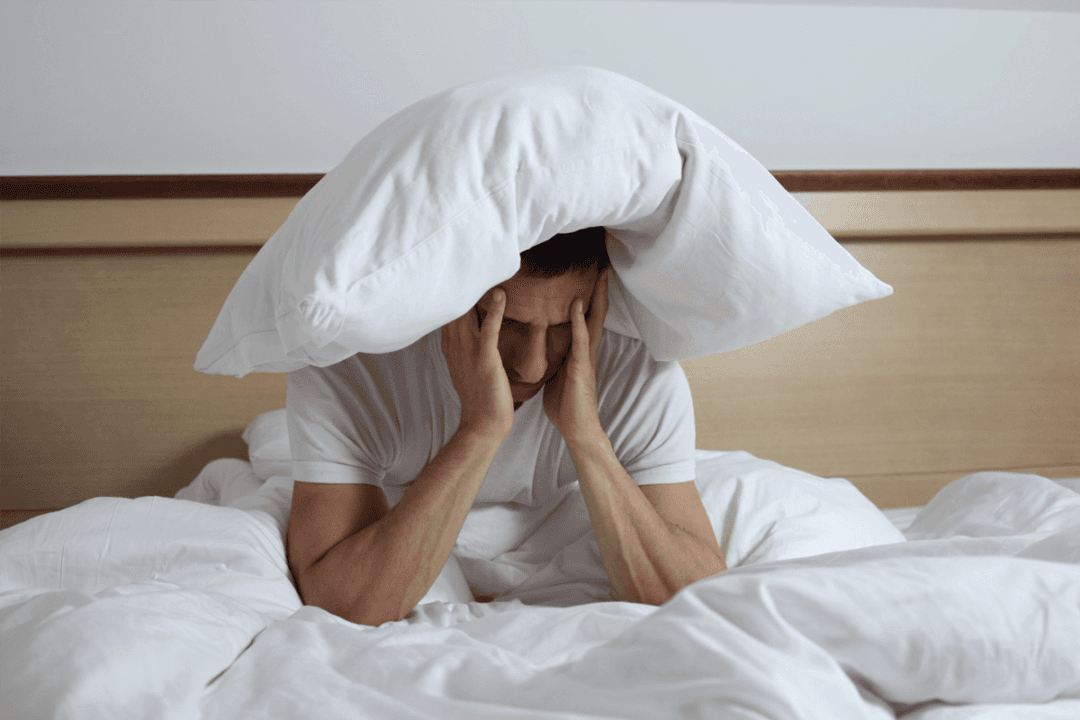Researchers from Flinders University and the Sax Institute are calling for improved access to Cognitive Behavioural Therapy for insomnia (CBTi), a non-drug treatment method, following findings from a five-year study.
Alexander Sweetman, primary author of the study that was published in the Journal of Clinical Sleep Medicine, said that while it is becoming more accessible, CBTi is utilised by only 1 percent of insomniacs.




